iPhone XS and XS Max vs. Samsung Galaxy S9 and S9 Plus: which is best?
Battle for top spot in the mobile market commences as new iPhones arrive in stores
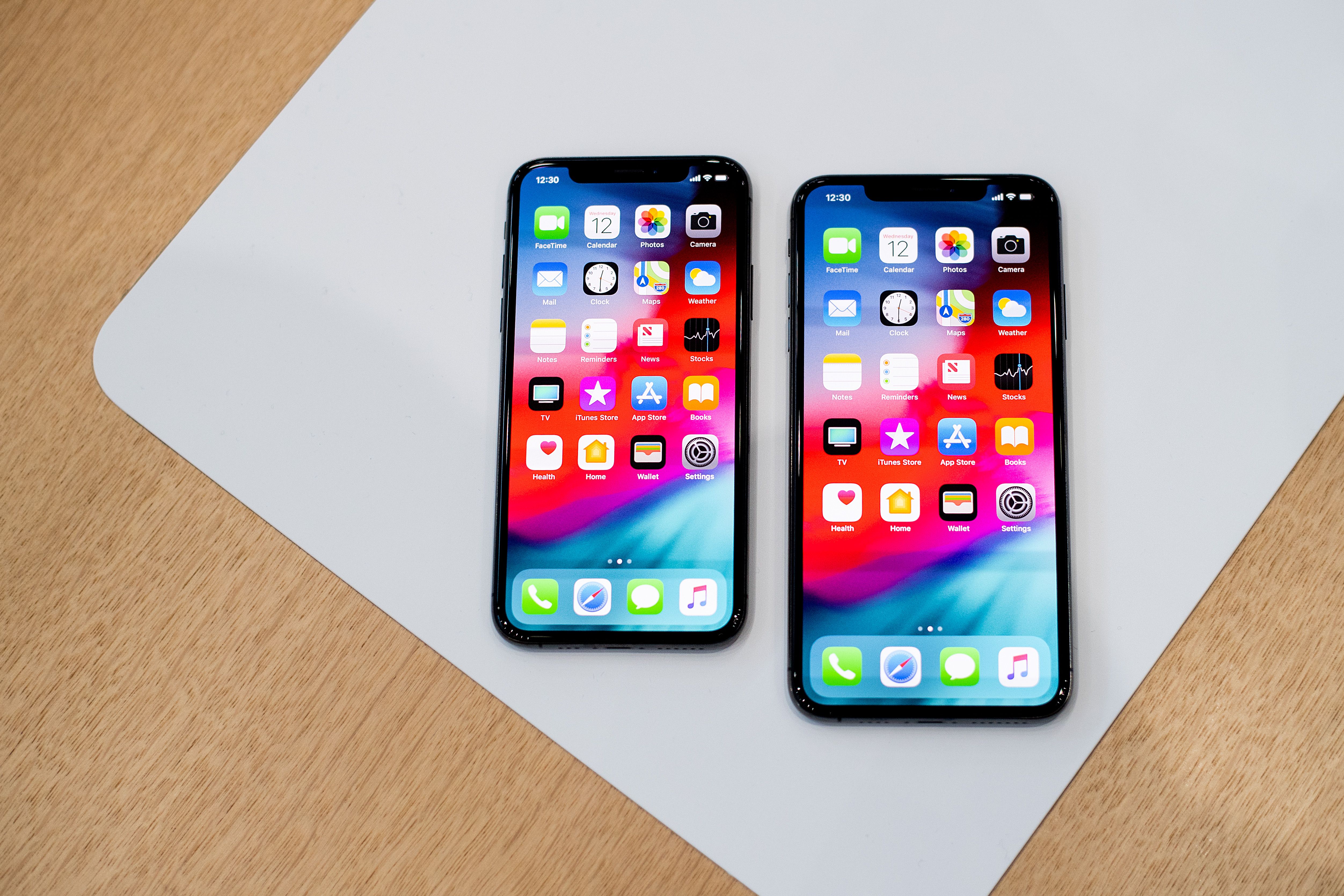
A free daily email with the biggest news stories of the day – and the best features from TheWeek.com
You are now subscribed
Your newsletter sign-up was successful
Apple is fighting the Samsung Galaxy series for dominance in the mobile market following last week’s launch of the latest generation of iPhones.
The iPhone XS and XS Max, which hit stores on Friday, replace last year’s radical iPhone X at the top of Apple’s smartphone line-up. A third iPhone, the XR, is due to follow next month and offers a cheaper alternative to the XS range.
The new devices feature a raft of updates, but has Apple done enough to give Galaxy phone owners a reason to switch allegiances?
The Week
Escape your echo chamber. Get the facts behind the news, plus analysis from multiple perspectives.

Sign up for The Week's Free Newsletters
From our morning news briefing to a weekly Good News Newsletter, get the best of The Week delivered directly to your inbox.
From our morning news briefing to a weekly Good News Newsletter, get the best of The Week delivered directly to your inbox.
Here’s how the rivals compare:
Pricing
Like last year’s X, the iPhone XS costs £999 and offers 64GB capacity. The larger iPhone XS costs £100 more.
Official pricing for a 64GB S9 starts at £739, while the S9 Plus is £869. However, since the S9 and S9 Plus have been available for some time, a 64GB S9 can be found for just £630 on Amazon.
A free daily email with the biggest news stories of the day – and the best features from TheWeek.com
Storage capacities on both Galaxy models can also be upgraded using a MicroSD card.
Winner: Samsung Galaxy S9 and S9 Plus
Display size and quality
The rivals’ screen sizes and resolutions are:
- iPhone XS: 5.8in OLED, 2436x1125 resolution
- iPhone XS Max: 6.5in OLED, 2688x1242
- Samsung Galaxy S9: 5.8in OLED, 2,960x1,440
- Samsung Galaxy S9 Plus: 6.2in OLED, 2960x1440
Although Samsung appears to have a slight edge in resolution over Apple’s offerings on paper, ZDNet says they all “match fairly closely” in practice.
The “fabulous” OLED technology employed by both of the tech giants offers “bright, sharp [and] highly-calibrated screens”, the tech site explains, adding: “You cannot go wrong with either.”
Winner: draw
Cameras
The iPhone XS and XS Max both feature a 12 megapixel rear-facing camera with f/1.8 wide-angle and f/2.4 telephoto lenses, PC Magazine reports. At first glance these seem “identical” to last year’s iPhone X, the mag continues, but the new models additionally feature “some impressive image-processing tricks” that let users adjust the depth of field after a picture has been taken.
The Galaxy S9 Plus also uses a 12 megapixel rear-facing camera, although it has a slightly wider f/1.5 lens and matches the iPhone’s f/2.4 telephoto lens, the tech site says. The S9 “lags behind” with a single-lens 12 megapixel camera.
Front-facing cameras on the iPhone XS and XS Max come in at seven megapixels, which is beaten by the eight megapixel sensors on the Galaxy S9 and S9 Plus.
Both models are capable of supporting augmented reality (AR) apps, which layer 3D images of real-time video, and make use of face-scanning technology. The Galaxy S9 Plus is the winner on specs, but the iPhone XS’s depth of field feature makes it the ultimate victor when it comes to cameras.
Winner: iPhone XS and XS Max
Performance and battery life
Samsung’s Galaxy S9 is powered by the latest Snapdragon 845 processor, which is also used in other leading smartphones including the OnePlus 6 and Galaxy Note 9, says Digital Trends.
The powerful processor handles most tasks with ease, but the new A12 chip in Apple’s iPhone XS and larger XS Max may have the edge, the website claims. Video games look “spectacular” on the Apple handsets, and the XS is expected to offer “a new level of power for mobile processors”.
That said, with great power comes greater demands on battery life.
Mobile news site PhoneArena conducted real-world battery tests on both the iPhone XS and Galaxy S9, with Apple’s smartphone emerging as the clear winner.
XS users can expect around eight hours and 37 minutes of battery life on a single charge, compared with seven hours and 23 minutes on the S9, the site reports. The XS Max model, meanwhile, offers an impressive nine hours and 34 minutes, which is an hour and a half more than the Galaxy S9 Plus.
Winner: iPhone XS Max
Verdict
Although the rival phones are closely matched, Digital Trends names the iPhone XS and XS Max duo as the outright winners. The Galaxy S9 and S9 Plus team is “no slouch”, but the A12 processor and camera tech on the iPhone XS and XS Max gives them the advantage, the site concludes.
PC Magazine agrees, arguing that while the Galaxy duo are “technically impressive devices”, the iPhone XS’s power pushs it ahead of its rivals.
ZDNet, however, believes that the verdict ultimately depends on the individual buyer’s requirements.
“Figure out which aspects of the phone are more important to you and buy based on that personal criteria,” the site says.
-
 Media: Why did Bezos gut ‘The Washington Post’?
Media: Why did Bezos gut ‘The Washington Post’?Feature Possibilities include to curry favor with Trump or to try to end financial losses
-
 Magazine solutions - February 27, 2026
Magazine solutions - February 27, 2026Puzzle and Quizzes Magazine solutions - February 27, 2026
-
 Magazine printables - February 27, 2026
Magazine printables - February 27, 2026Puzzle and Quizzes Magazine printables - February 27, 2026
-
 Will AI kill the smartphone?
Will AI kill the smartphone?In The Spotlight OpenAI and Meta want to unseat the ‘Lennon and McCartney’ of the gadget era
-
 Is Apple’s Tim Cook about to retire?
Is Apple’s Tim Cook about to retire?Today's Big Question A departure could come early next year
-
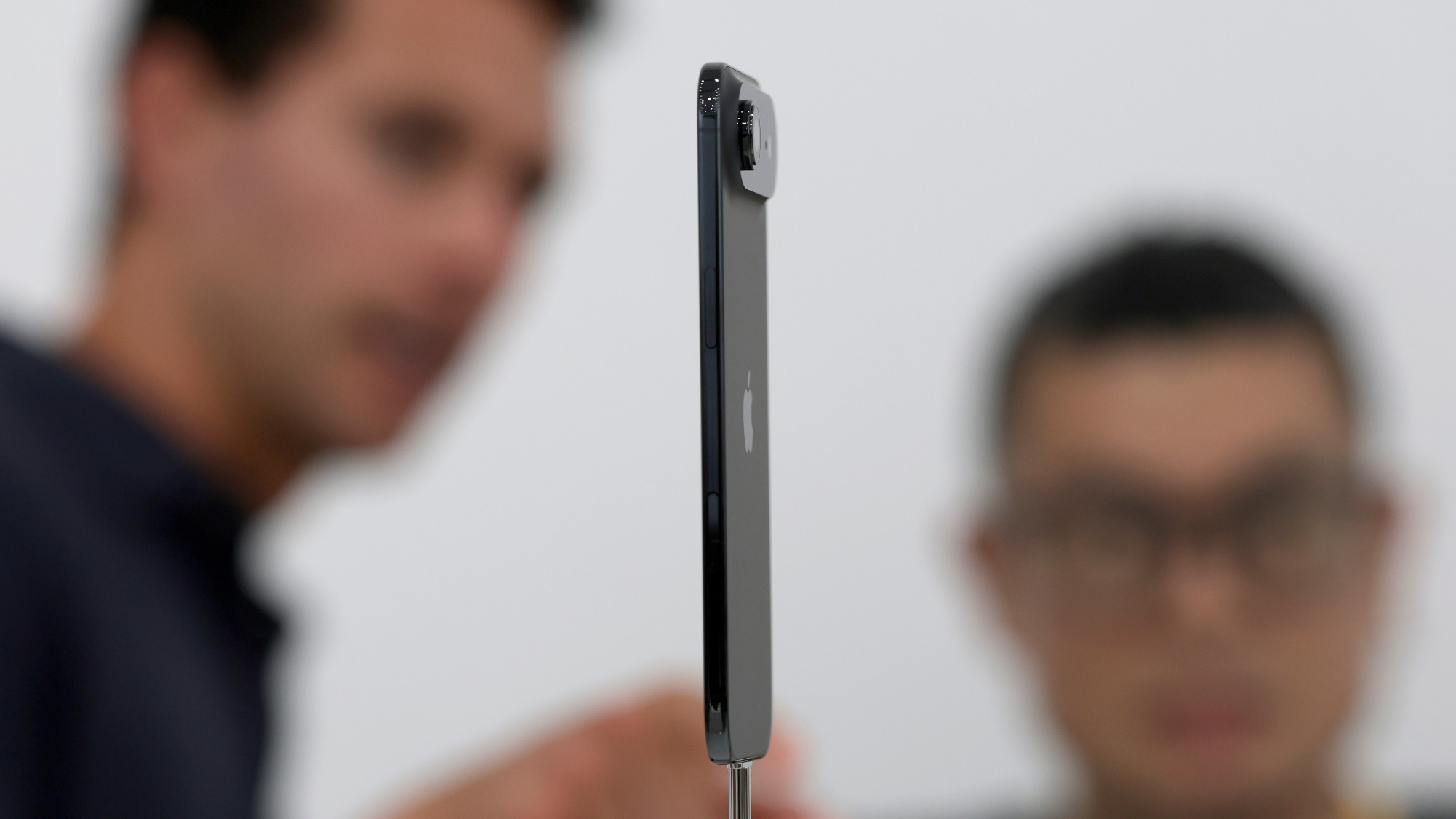 iPhone Air: Thinness comes at a high price
iPhone Air: Thinness comes at a high priceFeature Apple’s new iPhone is its thinnest yet but is it worth the higher price and weaker battery life?
-
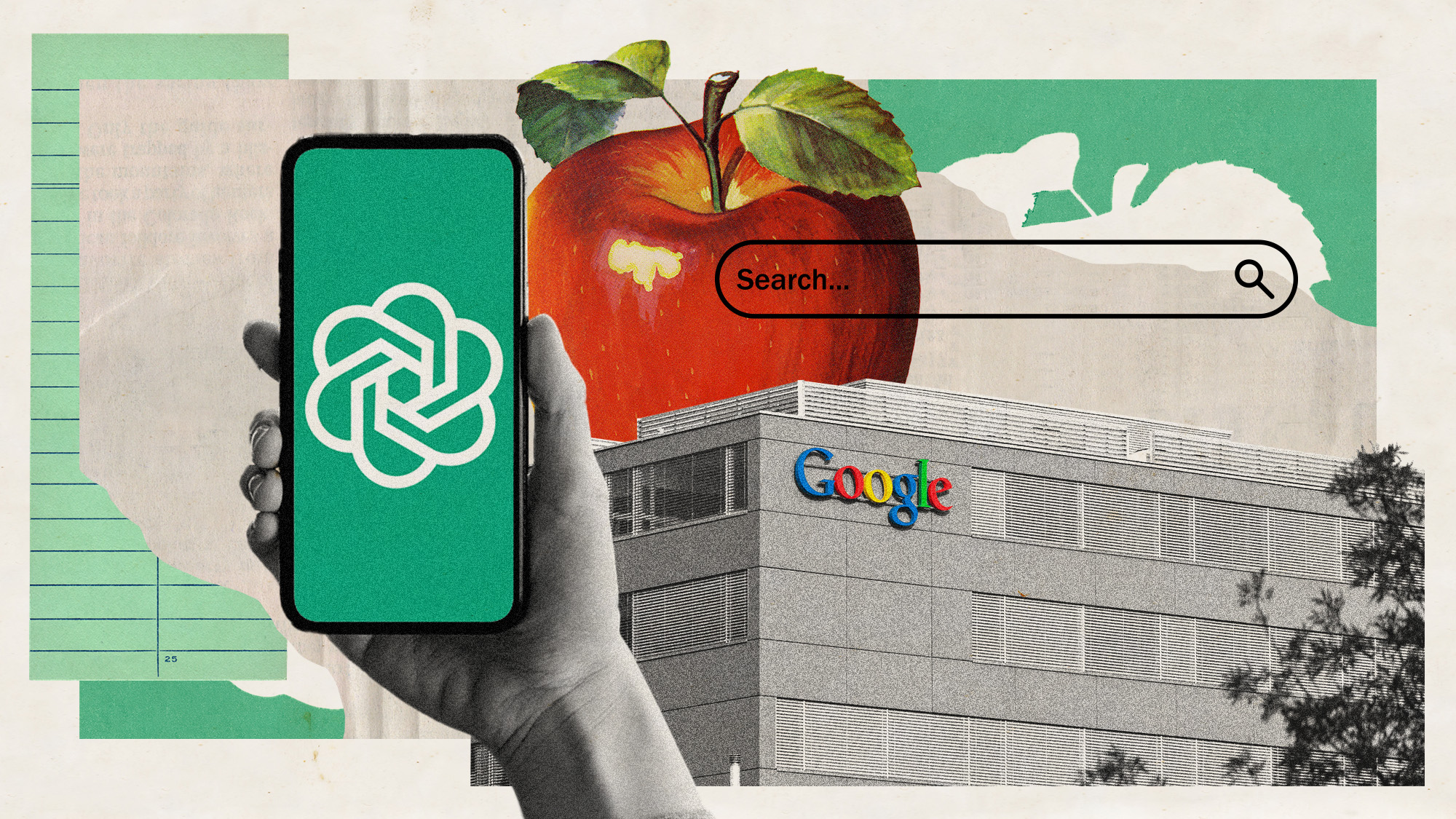 Is Apple breaking up with Google?
Is Apple breaking up with Google?Today's Big Question Google is the default search engine in the Safari browser. The emergence of artificial intelligence could change that.
-
 Why won't Apple make iPhones in America?
Why won't Apple make iPhones in America?Today's Big Question Trump offers a reprieve on tariffs, for now
-
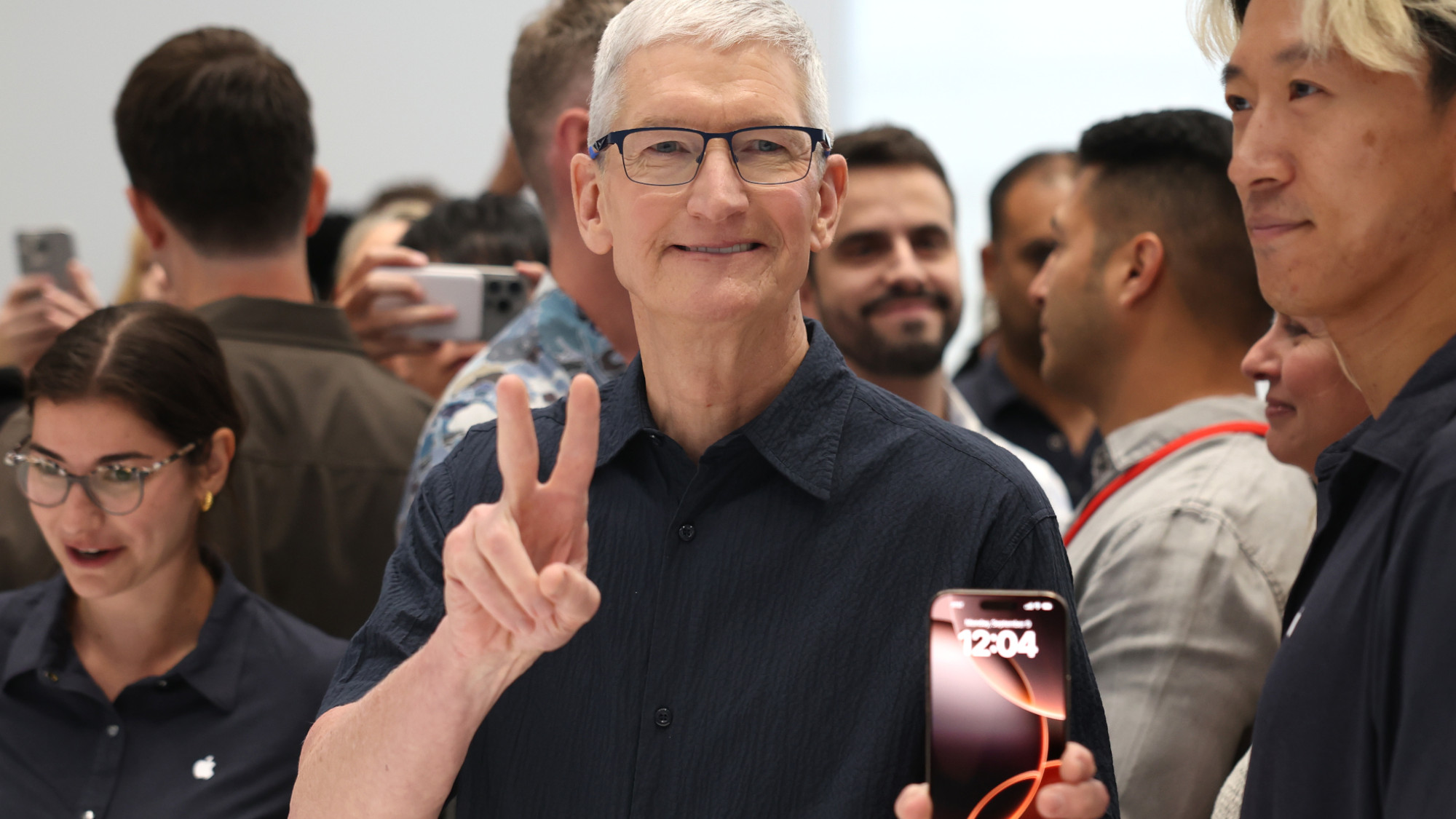 Not there yet: The frustrations of the pocket AI
Not there yet: The frustrations of the pocket AIFeature Apple rushes to roll out its ‘Apple Intelligence’ features but fails to deliver on promises
-
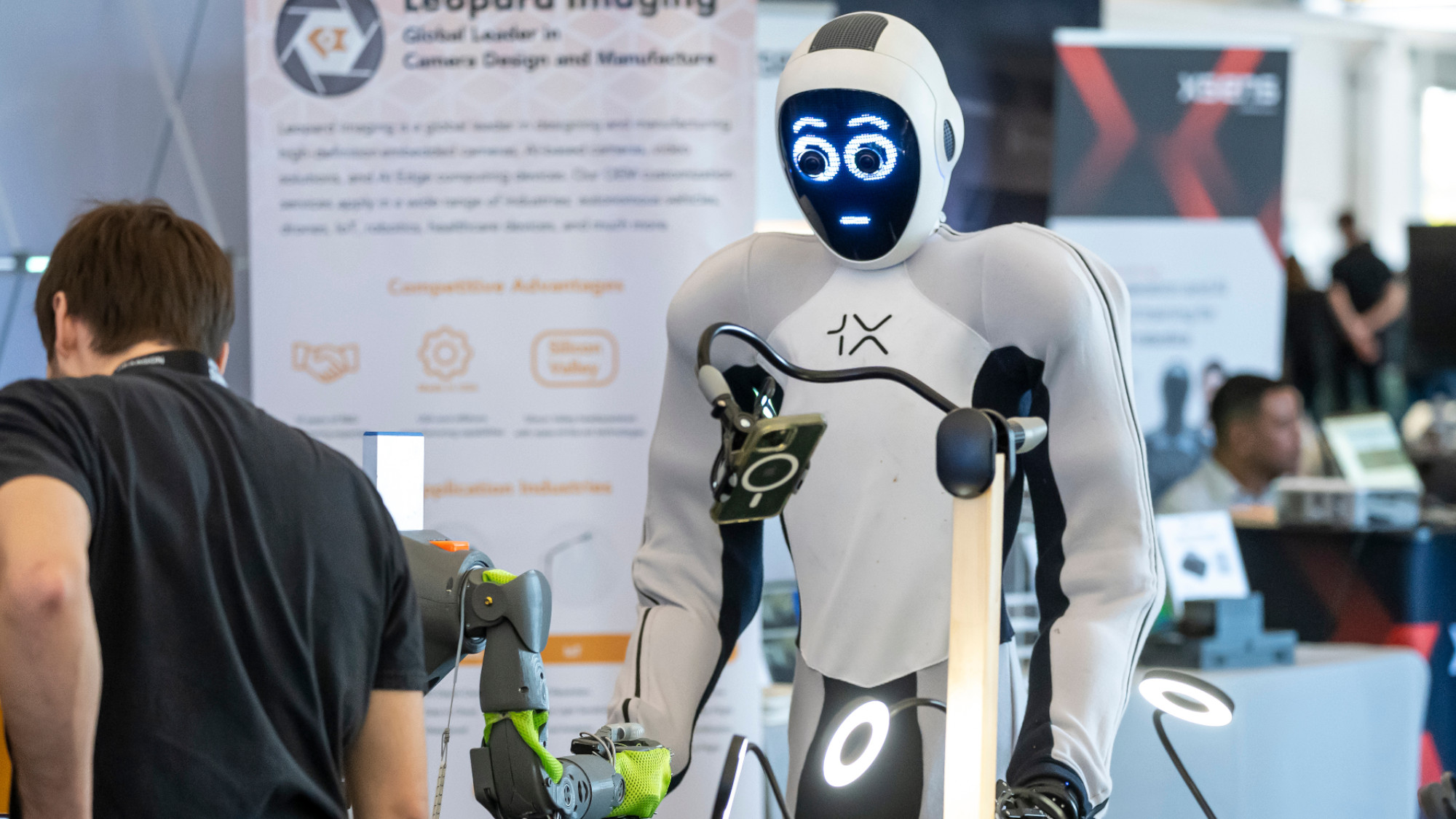 Space-age living: The race for robot servants
Space-age living: The race for robot servantsFeature Meta and Apple compete to bring humanoid robots to market
-
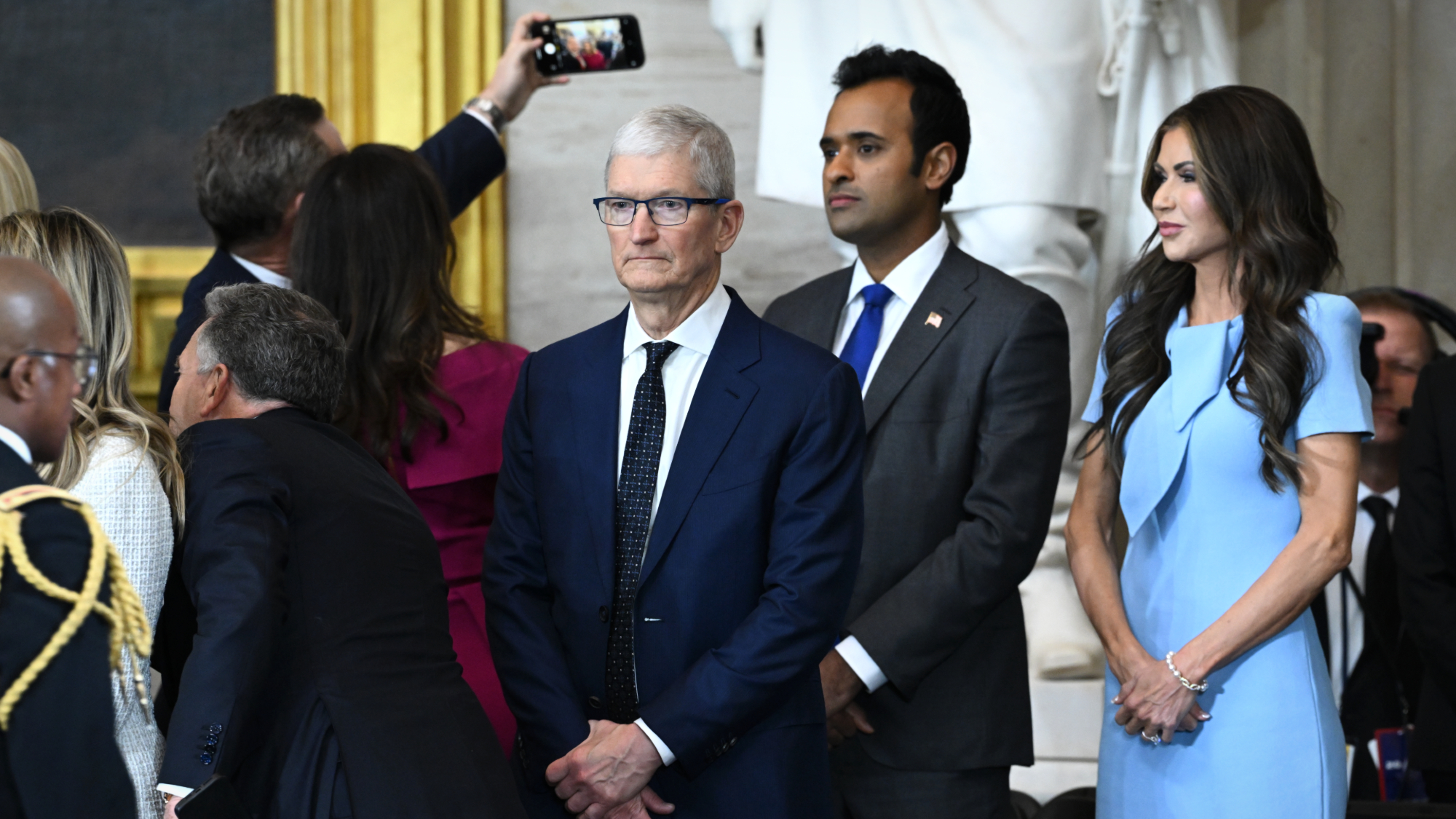 Apple pledges $500B in US spending over 4 years
Apple pledges $500B in US spending over 4 yearsSpeed Read This is a win for Trump, who has pushed to move manufacturing back to the US